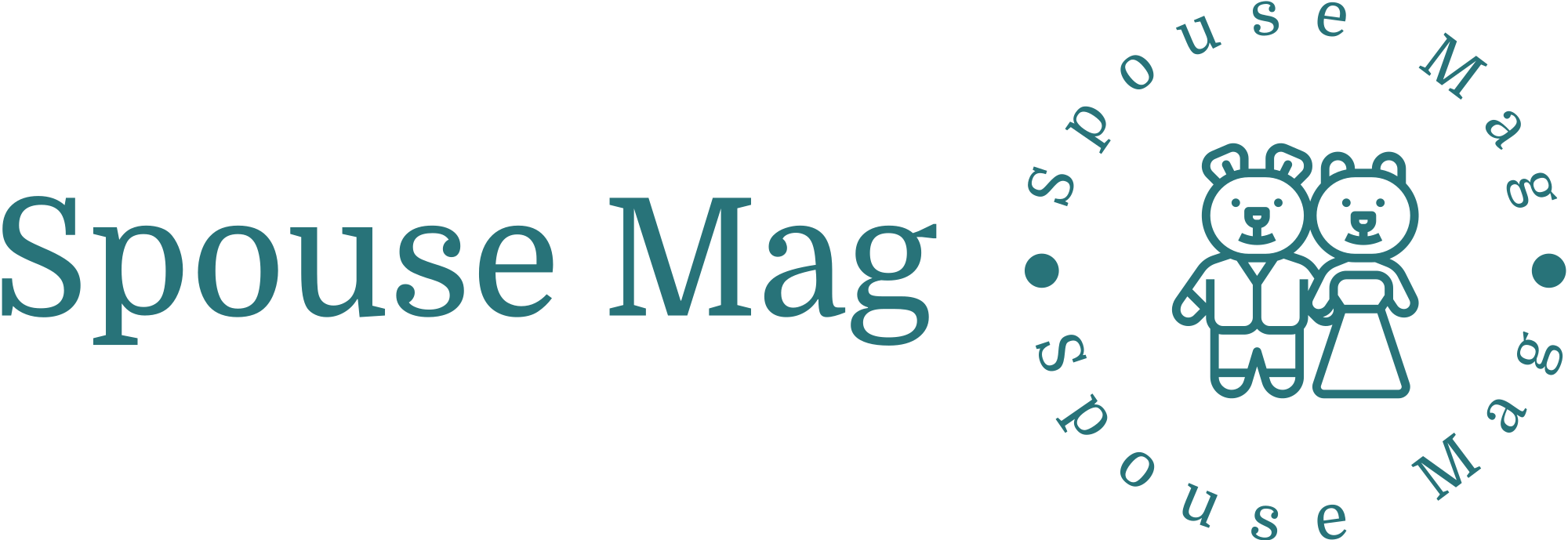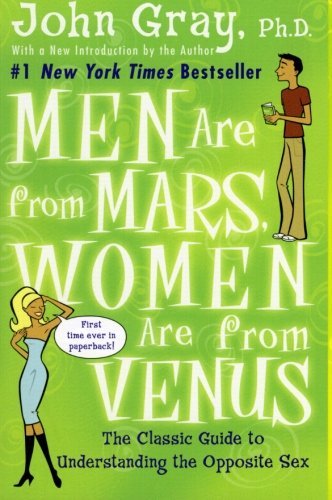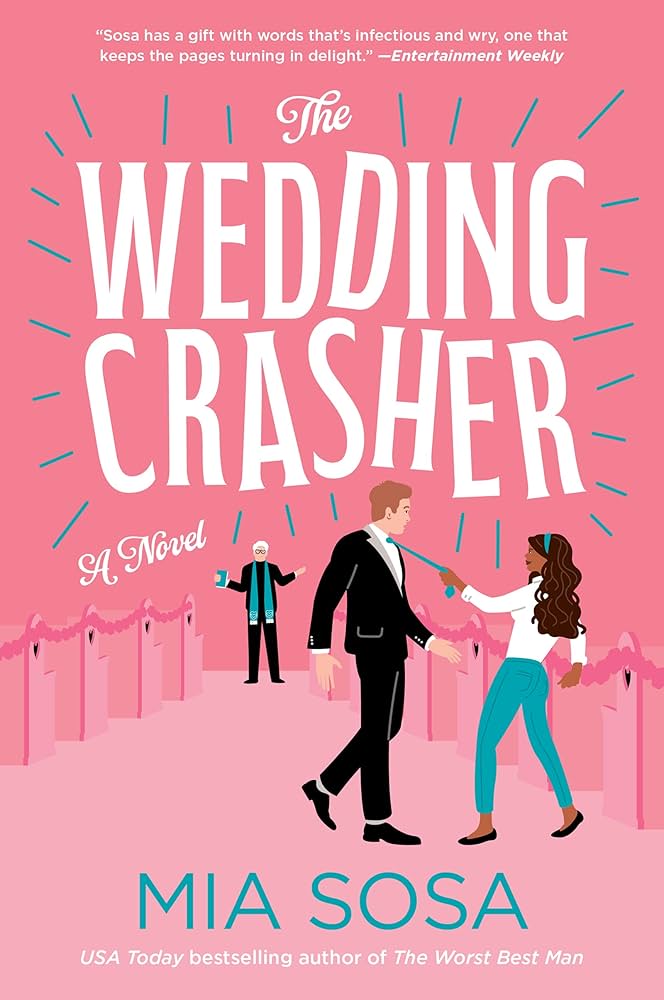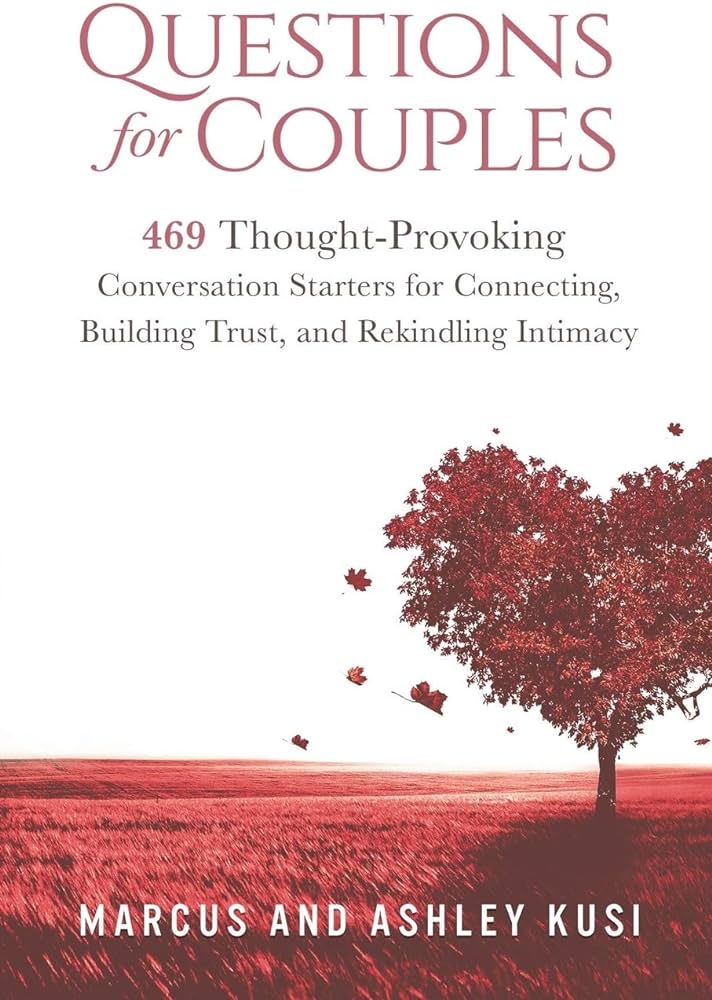
Leslie Vernick’s The Emotionally Destructive Marriage sheds light on the often-overlooked issue of emotional abuse within marital relationships.
The book examines the severe effects of emotional abuse on victims and outlines strategies for restoring self-worth and hope. Vernick offers practical guidance on establishing boundaries, voicing concerns over abuse, and creating a healthier future.
I found it to be a profoundly insightful and empowering book.
Understanding Emotional Destruction
Vernick defines emotional destruction as a pattern of chronic criticism, manipulation, and control that undermines a partner’s sense of self-worth and safety. She emphasizes that emotional abuse is just as damaging as physical abuse, and it can have a lasting impact on a person’s mental and emotional well-being.
It reminded me of a past relationship where I often felt diminished but couldn’t pinpoint why. Vernick’s breakdown of these destructive patterns gave me the clarity I needed to understand what I had been experiencing finally. It was a bittersweet revelation but incredibly empowering.
Critique: Lacking Varied Examples
While Vernick’s definitions are spot-on, I wished she provided even more examples, particularly for those who might not immediately recognize their own experiences in her descriptions. The more specific and varied the examples, the easier for readers to see themselves in the narrative.
Types of Emotional Abuse
Vernick categorizes emotional abuse into verbal assaults, threats, isolation, and manipulation. She describes verbal assaults as direct attacks on a partner’s self-worth through name-calling and derogatory remarks, while threats involve instilling fear through intimidation or coercion.
Isolation is portrayed as a tactic to cut off the victim’s support systems, making them more dependent on the abuser. Manipulation involves deceit and guilt-tripping to control the partner’s behavior and perceptions.
Reading this section, I was struck by how many of these abusive behaviors are normalized in society. I recalled a friend’s experience where subtle manipulation was dressed up as “concern” for her well-being
Critique: Misses the Complexity of Emotional Abuse
Vernick’s discussion of emotional abuse is comprehensive, but I find her focus on individual types of abuse overly simplistic. Emotional abuse often involves a combination of different tactics, and it is important to recognize that the boundaries between these types are blurred.
The Impact of Emotional Abuse
Vernick doesn’t shy away from discussing the deep psychological and emotional toll that an emotionally destructive marriage can take. She explores how prolonged exposure to such environments leads to anxiety, depression, and a shattered sense of self-worth.
I have seen firsthand how emotional abuse erodes a person’s sense of self and leaves them feeling hopeless and isolated. It’s important to approach survivors of emotional abuse with empathy and understanding.
Vernick also emphasizes the importance of recognizing the signs of emotional abuse and seeking help if you are affected.
Critique: More Insight on Emotional Abuse’s Impact Needed
While the emotional impact is well-covered, I felt that the book could have included more on the long-term effects of emotional abuse, especially how it can influence future relationships and one’s ability to trust again. Understanding the lingering effects could help readers better prepare for their healing journey
Finding Your Voice
A major theme of the book is empowering individuals to find their voice in the marriage. This involves recognizing their value, setting boundaries, and speaking up against destructive behavior. By taking these steps, you can reclaim your power and work towards a healthier, more balanced dynamic, or, if necessary, find the strength to leave the relationship entirely.
I’ve worked with clients who struggled to find their voice. For many, the fear of confrontation and the possibility of escalating the abuse kept them silent.
Critique: Lacks Practical Safety Advice for Speaking Up
Vernick provides powerful encouragement, but I think the book could have benefited from more practical advice on how to safely navigate the risks involved in speaking up. A more detailed discussion on safety planning would have been valuable for those who face retaliation when they try to assert themselves.
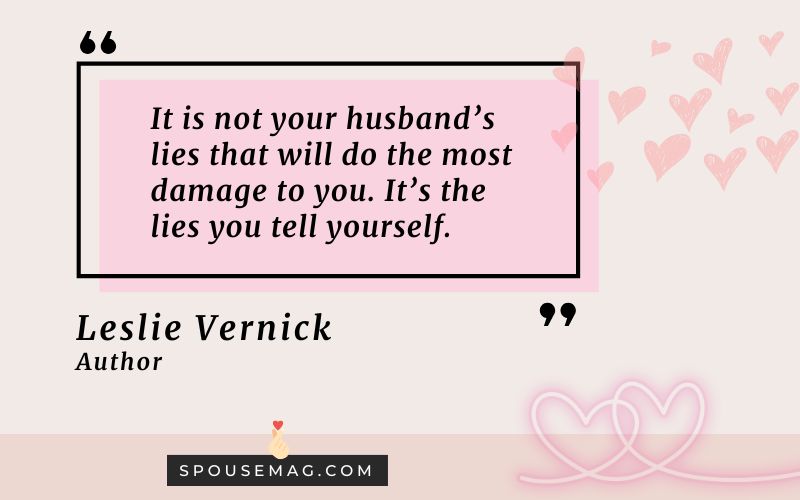
Steps Toward Healing
Vernick outlines steps for healing, including seeking counseling, building a support system, and engaging in self-care. She also discusses the possibility of marital reconciliation, but only under specific conditions where both partners are committed to change.
I have seen friends and family members who have successfully healed after experiencing emotional abuse. It’s important to offer them support and encouragement and to celebrate their progress as they work to rebuild their lives.
Critique: Overlooked Therapy Options and Resources
While Vernick provides a strong foundation for healing, I think the book could have explored more about the different types of therapy available and how to choose the right one. Offering more detailed information on resources, such as support groups or online communities, could have also been beneficial.
Why You Should Read The Emotionally Destructive Marriage?
Leslie Vernick’s The Emotionally Destructive Marriage is a must-read for anyone struggling in a toxic relationship. Here are some reasons why you should consider reading this book:
- It offers hope and inspiration for those who are feeling trapped and alone. It provides a roadmap for healing and a vision of a brighter future.
- Vernick provides a comprehensive definition of emotional abuse and explains the various forms it can take. By understanding the signs and symptoms of emotional abuse, you can better recognize it in your relationship and take steps to protect yourself.
- Vernick empowers readers to find their voice, set boundaries, and reclaim their self-worth. She offers practical advice on how to heal from the damage caused by emotional abuse and rebuild your life.
- The book offers practical advice on how to navigate difficult situations, such as setting boundaries, seeking help, and making difficult decisions about your relationship.
How Long Will It Take to Read The Emotionally Destructive Marriage?
| Reader Type | Average Reading Speed | Estimated Reading Time |
|---|---|---|
| Fast Reader | 400-500 words per minute | ~5-6 hours |
| Average Reader | 200-300 words per minute | ~10-12 hours |
| Slow Reader | 100-150 words per minute | ~20-25 hours |
Readors’ Thoughts on The Emotionally Destructive Marriage?
Reviews of “The Emotionally Destructive Marriage” show varied opinions:
Some readers find The Emotionally Destructive Marriage to be a transformative guide, offering invaluable insights into the nature of emotional abuse.
Lisa, 34 shares, “This book gave me the tools to identify and address the emotional abuse I was experiencing. The advice on setting boundaries and finding my voice was incredibly empowering.”
However, others feel that the book could benefit from a wider range of examples reflecting different cultural and relational contexts.
David, 25 highlights this perspective: “While the book’s insights are powerful, I felt it lacked diverse scenarios. It would be more impactful if it included examples from various backgrounds to resonate with a broader audience.”
A few readers also wish for a more in-depth exploration of the psychological mechanisms behind manipulation and gaslighting.
Ben, 31 puts it, “The book touches on these issues but doesn’t delve deeply enough into how they affect mental health. A more thorough analysis would have been helpful for understanding the full impact of these tactics.”
Additionally, some find that the content is repetitive at times.
Conclusion
The Emotionally Destructive Marriage isn’t just a book; it’s a guide to reclaiming your voice, your hope, and your life. It’s a powerful reminder that you deserve love, respect, and peace—and that it’s never too late to fight for them.
If you are struggling in a toxic relationship, The Emotionally Destructive Marriage is a valuable resource that can help you understand your situation, find your voice, and reclaim your life.

As a married wife, founder, and editor of SpouseMag.com – these guides are based on my own personal experiences, observations, research and insights. I am transparent about being inspired by the life and work of the two greatest experts in the relationship space – Dr. John and Julia Gottman, and Harville and Helen. They two are some of the strongest couples, researchers, authors, and counselors when it comes to marriage and relationships. My advice and guides are based on my insights and research, and they are not an alternative to professional advice.
